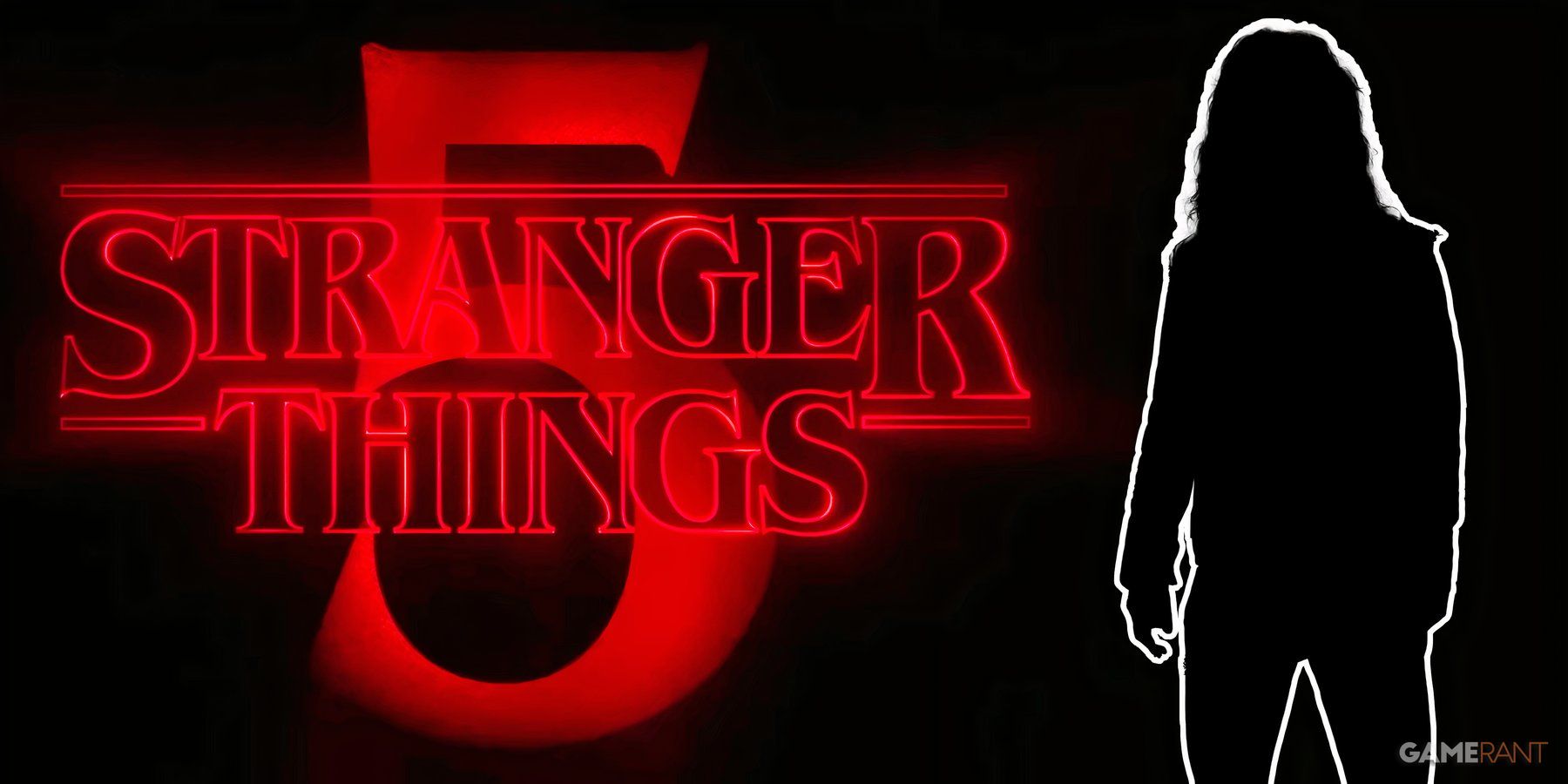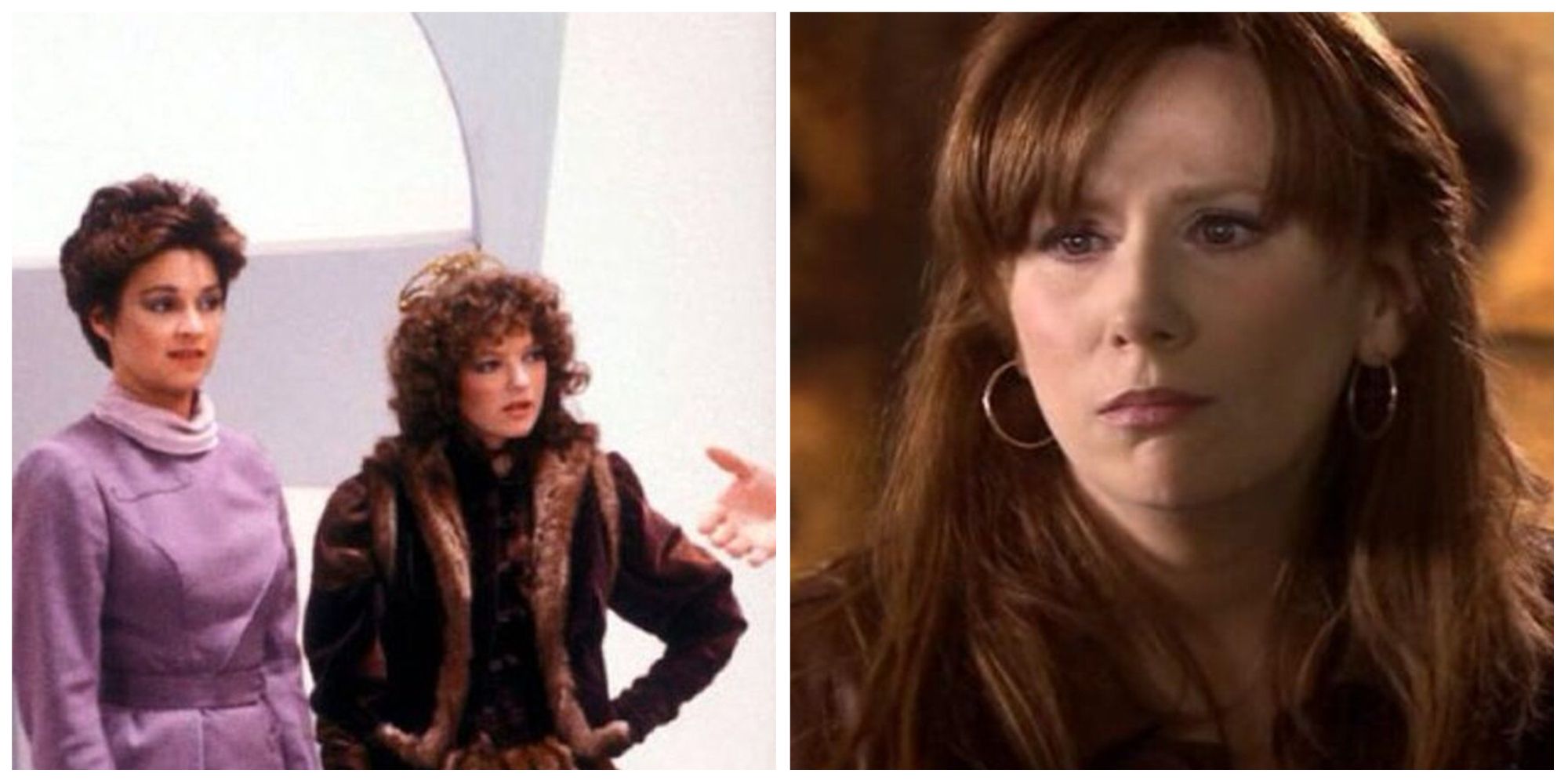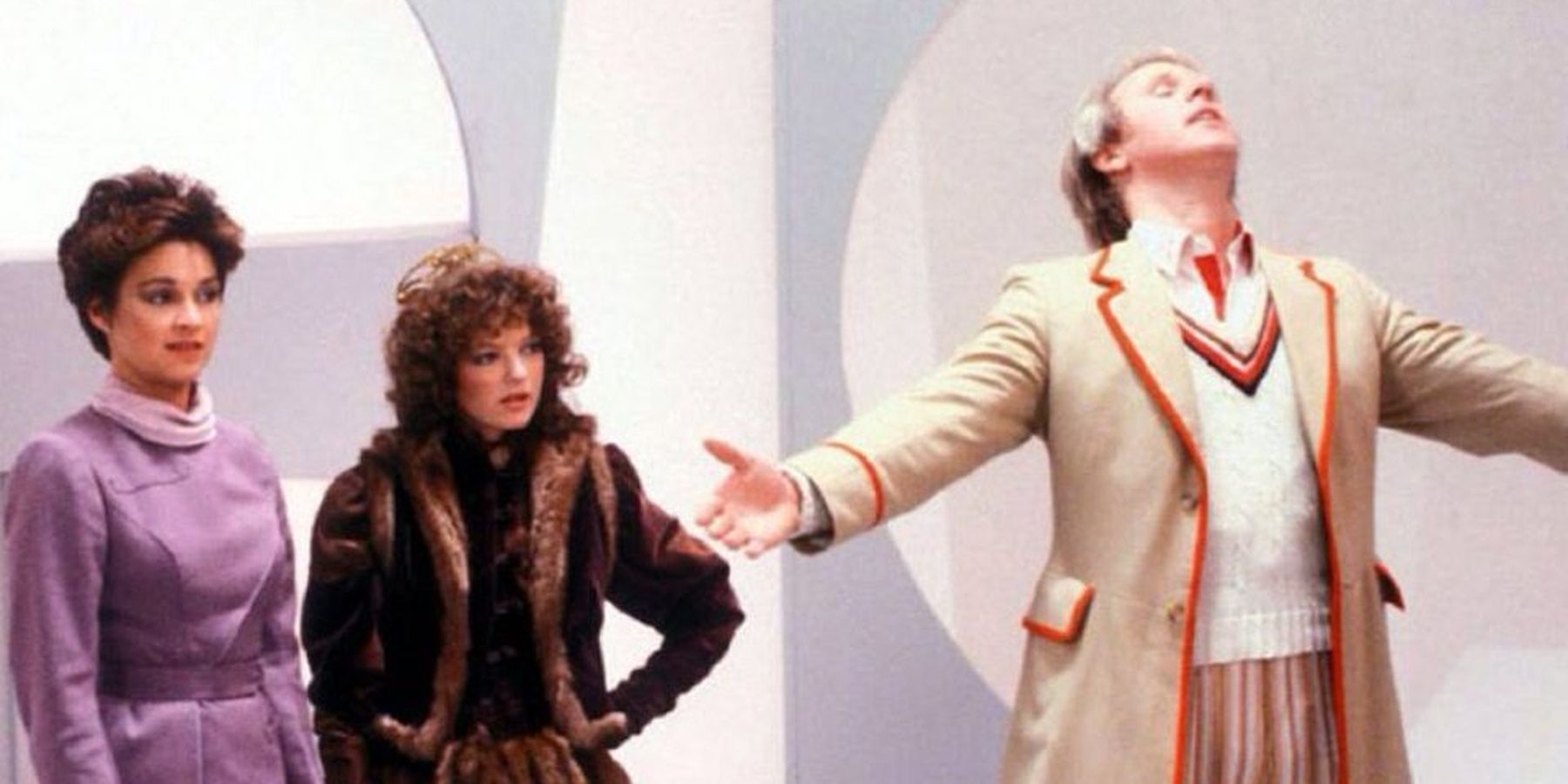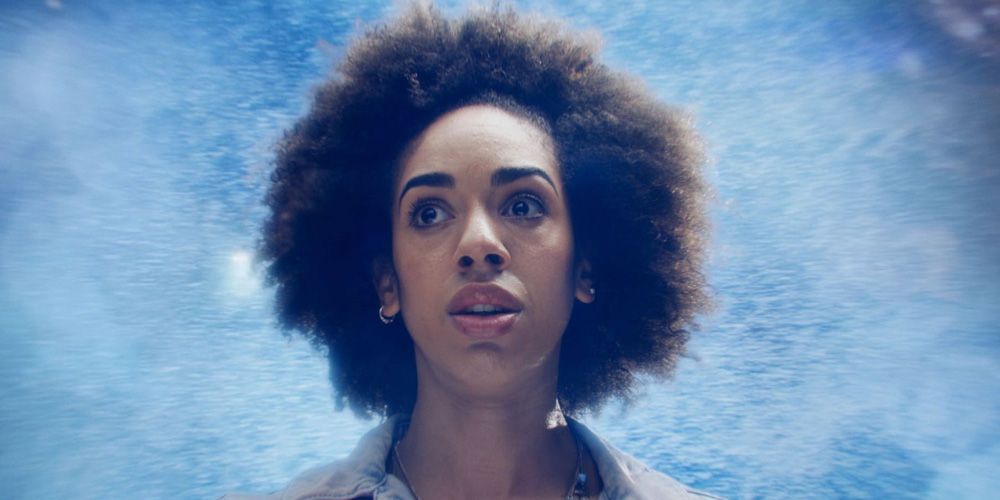With the Thirteenth Doctor's time on Doctor Who having come to a close, so too have her companions finished their tenure of adventuring through space and time. Unlike many, though, Thirteen's friends have made it out of the TARDIS alive, well, and hopeful. In a moment that brought joy to many longtime Whovians, one of the closing scenes of "The Power of the Doctor" showed Dan, Graham, and Yaz in a sort of support group they've started for former companions, sharing stories of their adventures. Plenty of familiar faces appear in this scene, including Tegan and Ace.
When looking around the support group circle, though, only Classic Who companions seem to appear. Seeing those familiar faces was doubtlessly exciting for thousands of longtime fans; yet, some couldn't help but wonder: Where are the New Who companions who want to discuss their adventures? There's a rather depressing answer to that question. Almost all companions in the classic series simply parted from the Doctor when they'd had their fill of adventures. However, in the modern series, very few companions left on their own terms. The vast majority had their adventures with the Doctor brought to an end by outside forces.
The Ever-Changing Role Of Companion
The role of "companion" is, by the show's nature, a constantly shifting one. Ever since the beginning, they have come and gone — some stay with the Doctor for years, some only for a few episodes. However, writing companions out of the show via killing them only became commonplace in the Moffat era. Before his time on the show, even those who didn't leave the Doctor's company by choice still managed to keep their lives. Rose is stranded in a distant universe, while Donna has her memories of all her magical adventures wiped. Of all the modern companions, Martha was the only one to walk away unscathed until Thirteen's companions called it quits. And between those two departures, the Doctor's companions suffered more than ten years of tragic fates.
This is a stark contrast to the endings that companions got in the classic series. Tegan and Ace, the former companions who returned in "The Power of the Doctor," both parted from the Doctor of their own accord (though not on the best of terms). Many others had exits much like that of Martha Jones or, more recently, Ryan and Graham: they simply wished to return to their ordinary lives. Sarah Jane Smith left on her own terms, having grown fed up with the constant danger and running. Jo Grant left the Third Doctor's company to marry the man she loved and join him in his field research; Leela, a Fourth Doctor companion, had a similar exit after falling in love with a Gallifreyan man.
Some Classic Who companions did have less willing exits — Romana, for example, was trapped in another universe known as E-Space, ending her adventures with the Fourth Doctor. Jamie and Victoria, Second Doctor companions, were both returned to their own time periods after the Doctor was put on trial on Gallifrey. But among the dozens of companions who came and went over the 26 seasons of Classic Who, only one of them died during their time on the show: Adric, a Fifth Doctor companion who was killed by Cybermen.
The Differences in New Who
In the Russel T. Davies era, each companion's farewell makes sense for their character. Considering Rose's love for the Doctor and Donna's love for their adventures, it's difficult to see how either of them would have walked away of their own volition, making a dramatic exit the only way to write them out. Martha, meanwhile, went through hell during the events of "The End Of Time." It made sense that she would want to take some time to live a normal life — even if she did eventually get back to having adventures with Torchwood.
The Moffat era, meanwhile, trends towards darker companion sendoffs much more strongly than either Classic Who or the Davies era. All the major companions from his time on the show were wrenched away from the Doctor through circumstances beyond their control. Amy and Rory were sent back in time by the Weeping Angels, leading to their having died of old age by the present day. Clara met her death — rather unceremoniously — in "Face the Raven." Bill's departure was the least tragic, as she was converted into a sentient oil being and left to travel the universe with her girlfriend Heather. But despite avoiding death, she still finds herself in a non-human form, incapable of returning to her former life.
Those who weren't fans of Moffat's era as showrunner sometimes chalk this trend up to a lack of writing skill. Some suggest that these deaths and tragic fates were the only ways he was able to close out character arcs in an emotionally powerful way. There may be some truth to this, as there's no doubt that Moffat was easily the most trigger-happy of the modern showrunners. After all, this trend goes beyond companions — minor characters in his run often met untimely deaths for the sake of emotionally developing the main protagonists. Danny Pink is perhaps the most egregious example, killed in a car crash to advance the plot of the main antagonist.
However, there may be more to it than that. Moffat himself has been a fan of Doctor Who since childhood, and like many who love the show, has stated that he himself dreamed of traveling with the Doctor. Perhaps it was difficult for him to imagine that someone might willingly walk away, willingly give up on the adventures in the TARDIS. For companions like Donna, who had planned to travel with the Doctor forever, such an idea was unimaginable — and it's likely that many fans of the show feel the same way.






.jpg)
